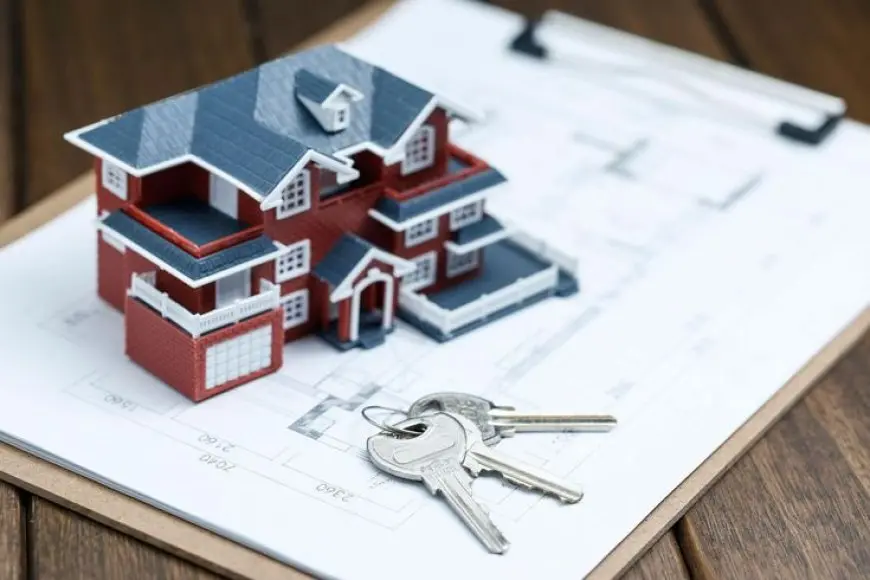Top Tips for Buying Your First Home
Top Tips for Buying Your First Home

Buying your first home is an exciting milestone, but it can also feel overwhelming without proper preparation. A home is one of the largest investments you’ll make, so it’s essential to approach the process with a clear plan and realistic expectations. Here are some top tips to help you navigate the journey toward homeownership.
Begin by assessing your financial situation. Understanding your budget and credit score is crucial in determining how much house you can afford. Your credit score plays a significant role in qualifying for a mortgage and securing a favorable interest rate. If your score needs improvement, focus on paying down debt and making on-time payments before applying for a loan.
Saving for a down payment is another critical step. While the traditional recommendation is to save 20% of the home’s price, many lenders offer options with lower down payment requirements. However, a larger down payment can reduce your monthly mortgage payments and potentially eliminate the need for private mortgage insurance (PMI). Don’t forget to account for closing costs and moving expenses in your savings plan.
Researching mortgage options is key to finding the right loan for your needs. Fixed-rate mortgages offer predictable payments, while adjustable-rate mortgages may start with lower rates but fluctuate over time. Government-backed loans like FHA, VA, or USDA loans can be excellent choices for first-time buyers, especially if you have limited savings or a lower credit score. Work with a reputable lender to get pre-approved, which will help you understand your budget and show sellers you’re a serious buyer.
Once you have your finances in order, prioritize finding the right location. Consider factors such as proximity to work, schools, public transportation, and community amenities. Research neighborhood trends, safety, and future development plans to ensure the area aligns with your lifestyle and long-term goals.
Hiring a qualified real estate agent can make a significant difference in your home-buying experience. An experienced agent will guide you through the market, help you find properties that meet your criteria, and negotiate on your behalf. They can also provide insights into local market conditions and advise you on making competitive offers.
When viewing potential homes, think beyond aesthetics. Pay attention to the property’s structure, age, and condition, and be on the lookout for any red flags such as water damage, foundation issues, or outdated electrical systems. A professional home inspection is a must before finalizing your purchase, as it can uncover hidden problems that might lead to costly repairs later.
Don’t rush the process. Take your time to explore your options, ask questions, and compare properties. It’s easy to get emotionally attached to a home, but staying objective ensures you make a decision that fits your financial and lifestyle needs.
Finally, plan for the long term. Buying a home is a significant commitment, so think about your future plans, such as family size or career changes. Choose a property that accommodates your anticipated needs and can grow with you over time.
In summary, buying your first home requires careful planning, thorough research, and a clear understanding of your financial situation. With the right approach and support, you can make this process a rewarding step toward achieving your dreams of homeownership.







